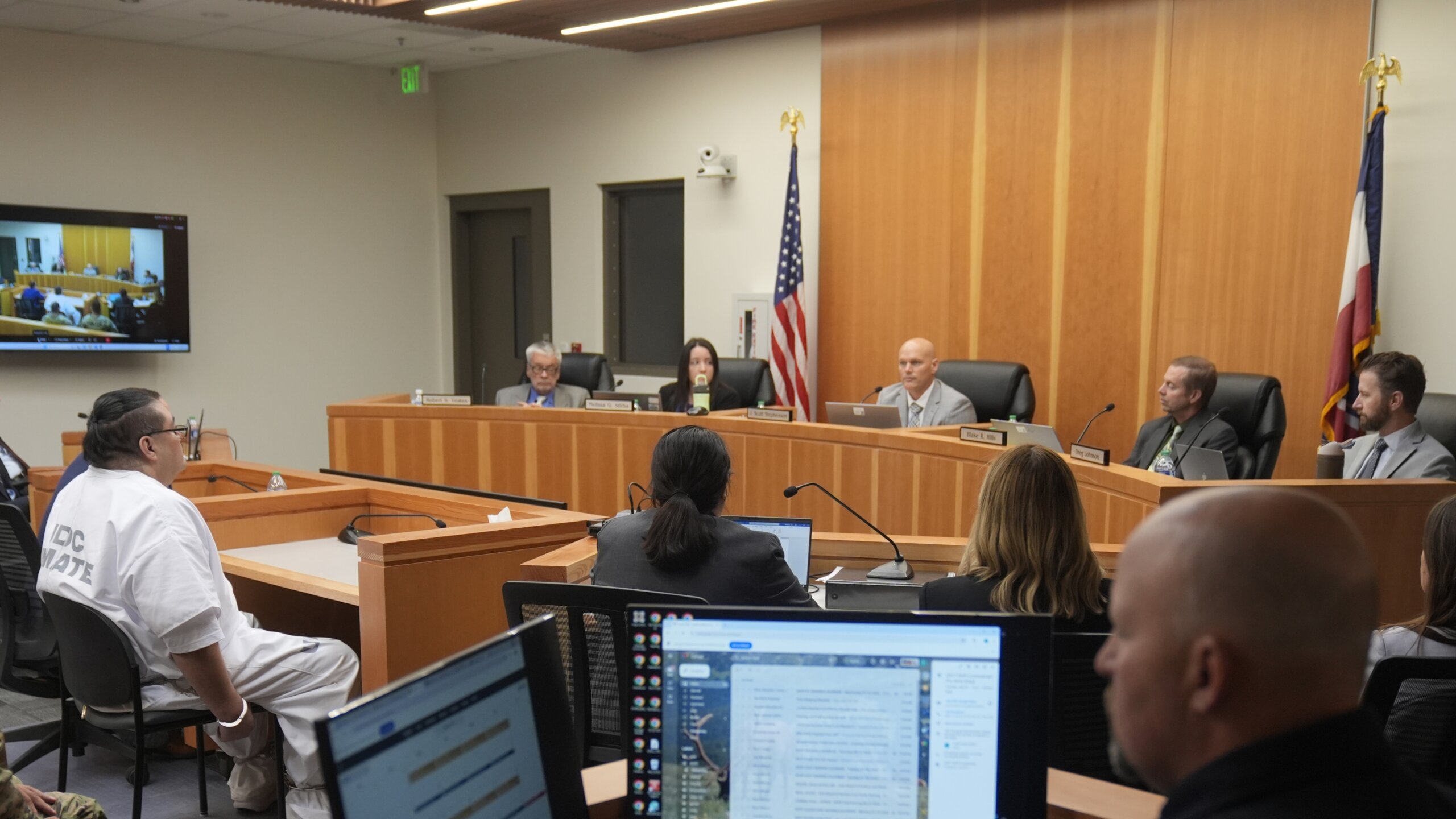Ahh, it’s that wonderful time of the year again when, for 45 head shaking days, Utah’s monochromatic State Legislature embarrasses itself over and over again. This session is especially painful as our hyper conservative lawmakers seem to cower in fear of everything from transgender kids and equal opportunity to library books and women having control over their own bodies. They’re even afraid of clean energy displacing their beloved coal mines, and like The Three Little Pigs, scared of wolves.
It’s the Legislature’s reaction to these fears, though, that is really frightening.
To be fair, nationally, the Republican party hyperventilates with scare politics to whip their electorate into mob voting. Nationwide, millions of voters will head to polls to stop the government from confiscating their guns and gas stoves, staunch the flood of “drug dealers, criminals, (and) rapists” poisoning our blood at the southern border, prohibit teachers from giving an accurate view of our country’s sometimes sordid history, fight a surge in crime that doesn’t exist and to ensure a misogynist, narcissistic, election-denying and felony-indicted megalomaniac reoccupies the White House.
Committed to being even more “anti-woke” than that, Utah’s lawmakers, governor and 6-member congressional delegation seem hell-bent on making one of the country’s reddest states bleed even more. The volume of fear mongering bills introduced this session is much longer than an editorial can capture, but here’s a list of some of the lowlights.
HB261: “Equal Opportunity Initiatives”
Instead of “evil” equity, diversity and inclusion, we’ll now aim for inequity, homogeneity and exclusion. Interpreted accurately, this bill will also purge college campuses of all veterans’ affairs, women’s centers, first generation and nontraditional student programs, international student centers and religious support groups. Straight, white and conservative Utah males may finally escape years of discrimination.
HB257: “Sex-based Designations for Privacy, Anti-bullying and Women’s Opportunities”
While it sounds supportive, this is just the latest attack on our LGBTQ+ community. It’s hard to think of anything more hurtful than punishing children for using the “wrong” bathroom, but I’m sure our representatives will come up with something worse next year.
HB417: “School Materials Amendments” and HB29: “Sensitive Material Review Amendments”
These blatantly censorious bills not only would allow as few as three school districts to enact a statewide ban on books, they would criminally charge teachers if they kept “objectively sensitive” material in their classrooms or libraries. Fines and punishment for these prurient criminals start at $500 and jail time of at least 30 days.
HB285: “Labor Union Amendments”
This union-busting bill is cleverly disguised to make sure that what little collective bargaining does happen in Utah, is chilled with payroll deduction and recertification barriers. Clearly, state lawmakers (many are affluent themselves) and their rich donors, fear sharing any more of their wealth with the working class.
SB57: “Utah Constitutional Sovereignty Act”
Thanks to our vigilant legislators, we won’t have to fear the pesky federal government conserving our public lands, cleaning up our dirty air, promoting gun safety, protecting a woman’s body or anything else the state deems “overreach.” The good news: Maybe Utah’s cities and counties can ignore state overreach?
HJR14: “Proposal to Amend Utah Constitution — Statewide Initiatives”
This and related bills (HB92 and HB214) will shield timid lawmakers from informed voters, citizen-led ballot initiatives, and the efficient mail-in ballot system. Cowering before their constituencies, they can add this blatantly undemocratic bill to their egregious gerrymandering efforts that Utah’s four congress members (who got to pick their voters instead of the other way around) wholeheartedly support.
SB69: “Income Tax Amendments”
How does the Utah State Legislature distract the citizenry from the fact that it has abdicated its duty to responsibly govern; champion a tax cut! Never mind that the money could be used to solve real problems like water scarcity, air pollution, affordable housing, health care costs, school funding, crumbling infrastructure and homelessness. Our lawmakers will save those trivial issues for the last week of the session.
I could go on and on, but you get the idea. Some of these bills have already been passed and signed by our rightward drifting governor. With gubernatorial candidates already claiming to be even more conservative, Gov. Spencer Cox will need to burnish his anti-woke credentials.
Stoked by our frightened legislature, it’s no wonder Utah’s anxious citizens tremble in their bunkers, armed to the teeth, addicted to Fox News and unwilling to engage with anyone who doesn’t look or believe like them. I feel sorry for these people, living in fear as they are, I really do. Like lemmings leaping from a cliff, though, Utahns voted in our cowardly legislature, so I guess it must just be the “weird” Utah Way of things.
Eric C. Ewert is a professor in and chair of Weber State University’s Department of Geography, Environment & Sustainability. His current research and teaching interests lie in environmental studies, the American West, population, historical and economic geography and geospatial technologies. He has authored more than three dozen articles, book chapters, editorials and maps; delivered nearly thirty papers at regional and national conferences; and traveled widely in the Americas and Europe. Views are the opinion of the author, and in no way represent Weber State University.
The Salt Lake Tribune is committed to creating a space where Utahns can share ideas, perspectives and solutions that move our state forward. We rely on your insight to do this. Find out how to share your opinion here, and email us at voices@sltrib.com.





































